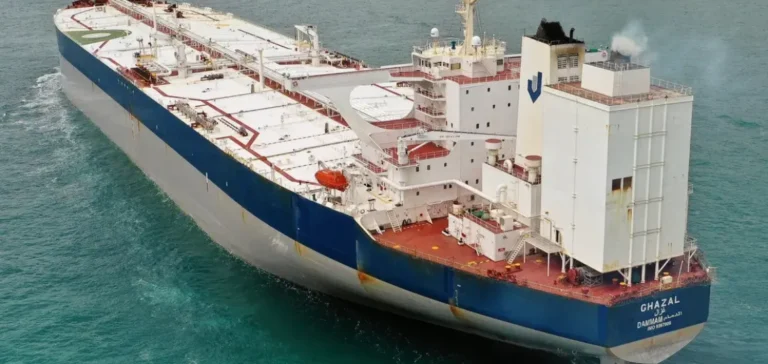The European Commission has proposed a 19th sanctions package directly targeting Russia’s oil export channels, including a full transaction freeze with Rosneft and Gazprom Neft. The measure also includes 118 new so-called “ghost” vessels suspected of circumventing the oil price cap, bringing the total number of listed vessels to 560. These additions come amid a tightening of enforcement mechanisms for existing rules, particularly those related to the reinsurance of listed ships.
Increased pressure on third-country trading partners
The package includes a complete transaction ban targeting the Russian energy groups Rosneft and Gazprom Neft, which had previously been subject to partial restrictions. In 2025, the two companies moved about 2 million b/d from Russian ports, according to maritime data. These measures extend to companies based outside the European Union, with particular attention on China, the second-largest importer of Russian oil.
Entities that previously escaped sanctions, such as the Vadinar refinery in India operated by Nayara Energy, or certain companies in Turkey and China, had already been targeted in previous packages. The new text reaffirms Brussels’ intention to apply sanctions extraterritorially when they concern actors facilitating trade in Russian oil.
Impact on Russian production and exports
Rosneft, Gazprom Neft and Gazprom together operate 20 refineries in Russia with a combined capacity close to 3 million b/d. Sanctions, coupled with Ukrainian drone attacks and military budget constraints, have led to temporary interruptions at several production sites.
According to Commodities at Sea (CAS) data, Russian refined product exports fell by almost 10% in August compared with the previous month, reaching 1.2 million b/d. Analysts expect a further decline for September, increasing pressure across the logistics system.
Stronger oil price cap enforcement
The price cap mechanism on Russian oil, introduced in 2022, was adjusted lower in early September. The European Commission has simultaneously strengthened the tracking of vessels and suspicious operations. The update includes the addition of 118 tankers suspected of transporting Russian oil above the authorised threshold, accompanied by a freeze on reinsurance guarantees for these vessels.
According to the latest estimates, Urals crude traded at a discount of $11.20 to Dated Brent on September 18, its narrowest spread since the start of the invasion in 2022.






















